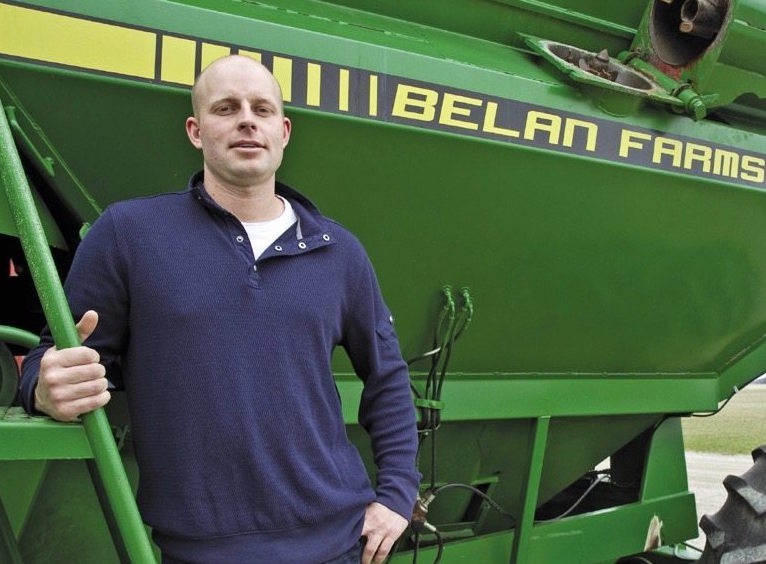Environmental Commissioner calls on the Ontario government to put soil health first

News release from ECO
Ontario’s Environmental Commissioner, Dianne Saxe, is calling for the provincial government to take strong steps to foster healthier agricultural soils and a more sustainable farming sector, in preparation for climate change.
The Commissioner’s technical report, Putting Soil Health First: A Climate-Smart Idea for Ontario, will be released at the annual Latornell Conservation Symposium today. The report shows how healthy soils can both mitigate, and adapt to, climate change, while also increasing yields, protecting the environment, and increasing farm profits. On average, Ontario agricultural soils have suffered serious losses of organic matter (soil carbon) in the last thirty years. This reduces soils’ ability to absorb and hold water and nutrients, so they dry out faster in droughts and become flooded and erode easily in heavy rain. On poorer soil, farmers have to use more nutrients and pesticides, which are costly and can adversely affect water quality and wildlife.
Fortunately, soil carbon can be readily built back up by better farming practices. The Commissioner profiles several farmers from Ontario and the United States who are leaders in enhancing soil health, and the increased health, resilience and profits of their farms. Commissioner Saxe notes, “an increasing number of Ontario farmers are successfully taking up the challenge.” For example, one Ontario farm has put about 13,000 tonnes of carbon back into its soil over the past 25 years, simply by farming with methods that promote healthy soils. The result? Crops that flourish in all kinds of weather, much lower input costs, and better yields with less work. Plus, more biodiversity and less soil erosion.
The province as a whole benefits too. All the carbon that went into that farm’s soil came out of the atmosphere, offsetting each year the greenhouse gas emissions of more than 400 cars. International programs such as the “4 for 1000” initiative have underscored how much soil carbon can contribute to reducing climate change, and to helping farmers adapt to it. “If one family farm can do so much, just think what Ontario farmers could accomplish! It’s really quite amazing, and inspiring.”
To achieve these benefits, the Ontario government must get serious about helping farmers transition to healthier soil practices. Current barriers include:
- the lack of easy, inexpensive and reliable methods for measuring soil health;
- the need for improved education on soil health for both farmers and consumers;
-and the understandable hesitancy of many farmers to adopt new practices without transition support.
These barriers can be overcome. Among other things, Dr. Saxe recommends that the Ontario government: measure or estimate soil carbon levels across the province every three years, and make the results public; link the cost of crop insurance to soil carbon levels, recognizing that high carbon soils reduce risks to crops and have many public benefits; and provide financial support for up to 10 years for farmers who transition to soil health best management practices.
The Environmental Commissioner’s Technical Report, Putting Soil Health First: A Climate- Smart Idea for Ontario, can be downloaded at eco.on.ca.









Leave a Reply